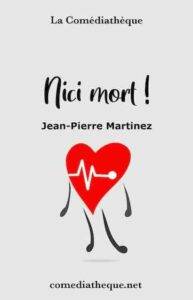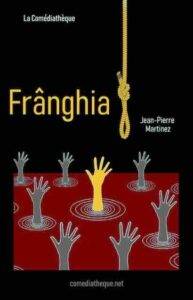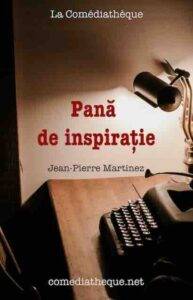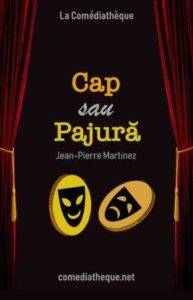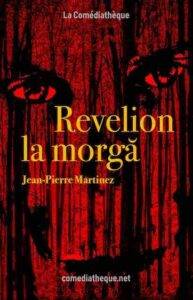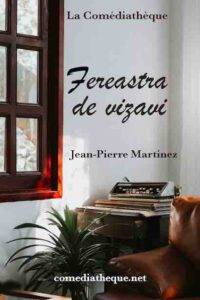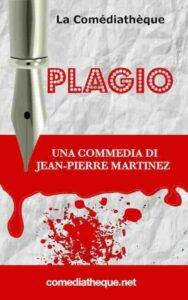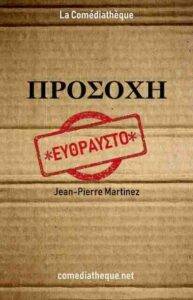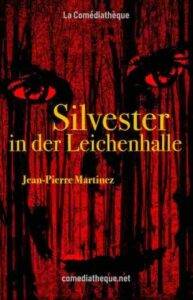Zum Autor
Jean-Pierre Martinez, geboren 1955 in Auvers-sur-Oise bei Paris, hat seine ersten Bühnenerfahrungen als Schlagzeuger verschiedener Rockgruppen gemacht. Nach Studium und eigener Lehre von Text- und Bildsemiotik an sozial- und theaterwissenschaftlichen Hochschulen (Ecole Pratique des Hautes Etudes en Sciences Sociales, EHESS; Conservatoire européen d’écriture audiovisuelle, CEEA) wurde er in der Werbebranche tätig, verfasste nebenher schon bald Drehbücher für das Fernsehen und kehrte schließlich als Theater-Autor und Dramaturg an die Bühne zurück.
Martinez zählt zu den produktivsten und meistgespielten der heutigen Theater- und TV-Drehbuchautoren Frankreichs und des französisch-sprachigen Auslands. Bis dato hat er an die 100 TV-Drehbücher und mehr als 85 Komödien verfasst, von denen einige zu Klassikern geworden sind (Vendredi 13 oder Strip Poker). In englischer und spanischer Übersetzung werden seine Theaterstücke regelmäßig auf Bühnen in Nord- und Lateinamerika gespielt. Für den Erfolg der Theaterstücke von Jean-Pierre Martinez steht die Zahl von jährlich über 2.000 Aufführungen seiner Stücke, die inzwischen in 12 Sprachen übersetzt vorliegen – jetzt auch auf Deutsch.
Um seine Komödien interessierten Theatergruppen nahezubringen, hat Martinez sie zum freien Download auf einer eigenen Internet-Plattform eingestellt: La Comédiathèque, comediatheque.net. In Papierform (zum Preis der entsprechenden Fotokopien) können die Texte über die Webseite The Book Edition bestellt werden. Die Rechte für die Bühnenaufführung können / müssen über die Verwertungsgesellschaft SACD erworben werden.
Alle Stücke von Jean-Pierre Martinez können gratis von seiner Webseite heruntergeladen werden.
In deutscher Übersetzung liegen folgende Theaterstücke von Jean-Pierre Martinez vor:
Das Werk einschließlich aller seiner Teile ist nach den Bestimmungen über geistiges Eigentum urheberrechtlich geschützt. Jede Verwertung des Werks außerhalb der engen Grenzen des Urheberrechtsgesetzes und ohne Einwilligung von Autor und Übersetzer ist unzulässig und strafbar und kann zu hohen Schadensersatzansprüchen führen.
Der vorliegende Text möchte Sie zur Lektüre einladen.
Wenn Sie ihn öffentlich darbieten möchten – gleich ob auf einer etablierten Bühne oder in einem Laientheater – müssen Sie die Aufführungsrechte beim Autor einholen:
Kontakt: comediatheque.net
